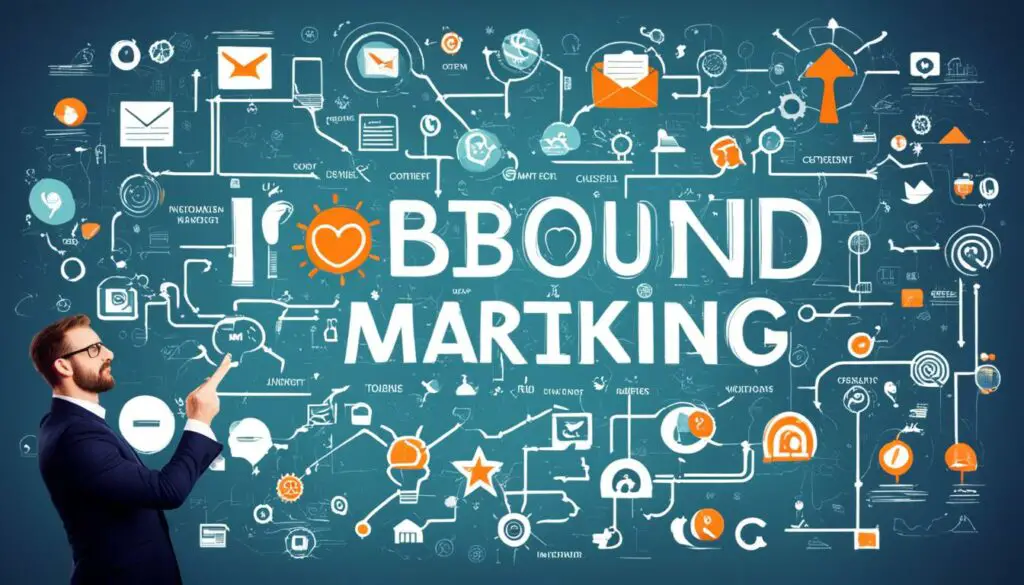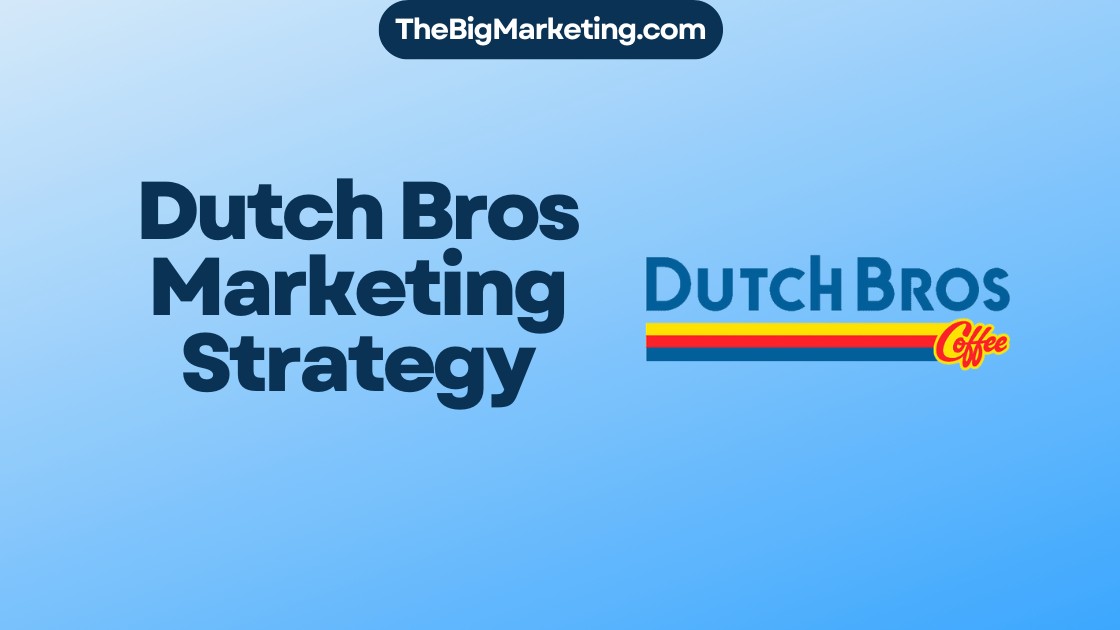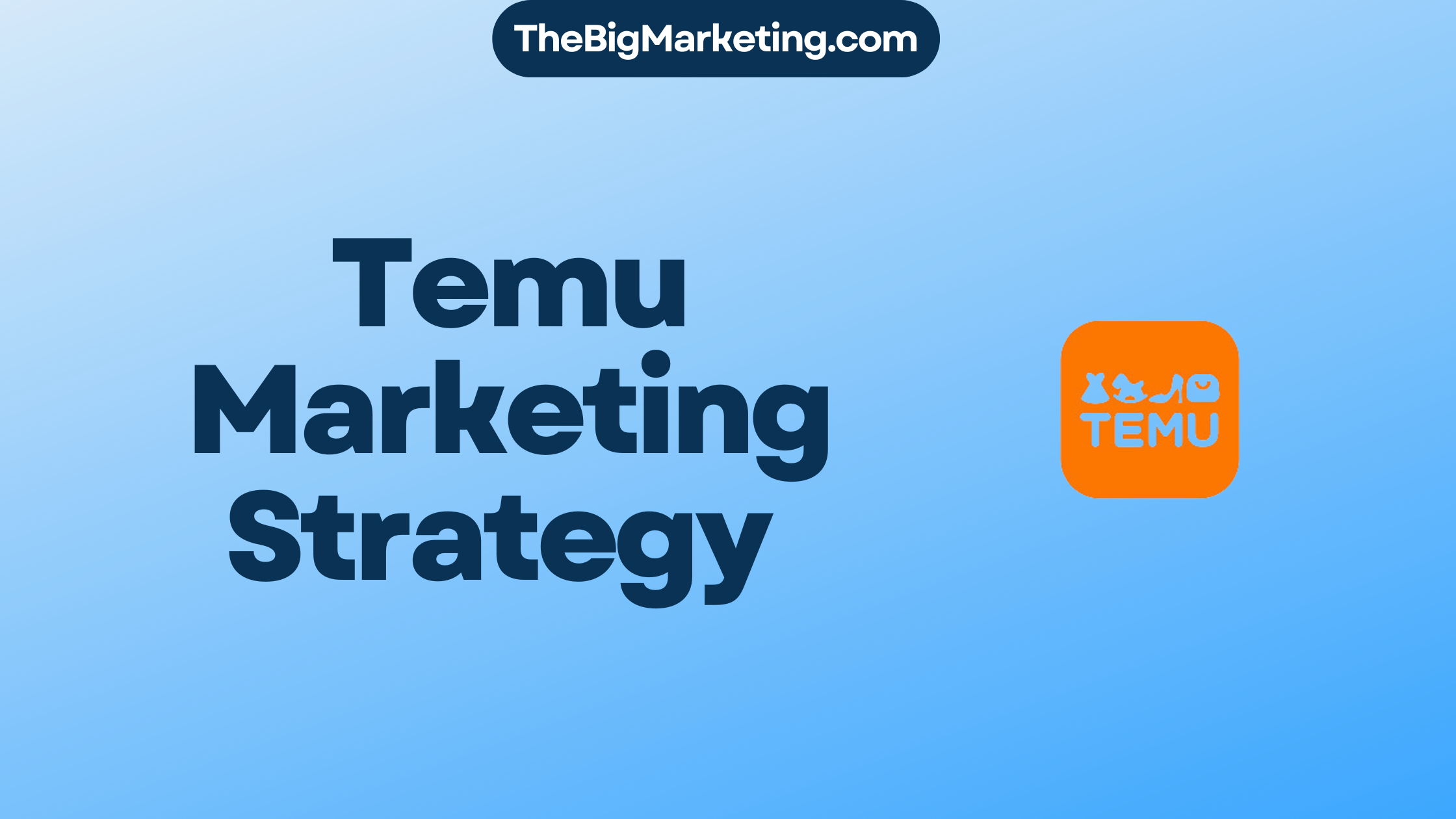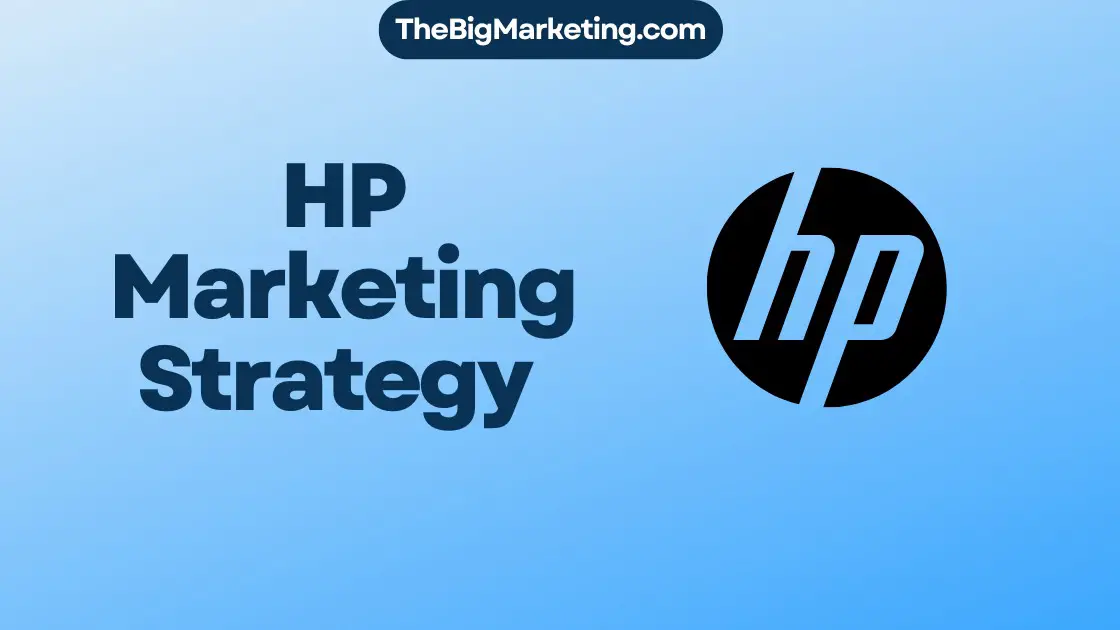When it comes to digital marketing, two strategies that often come up are inbound marketing and SEO. These approaches are essential for generating organic traffic, optimizing your website, improving search engine rankings, and increasing online visibility.
Inbound marketing focuses on attracting visitors and converting them into customers through various methods like social media, videos, blogging, email marketing, and SEO content. On the other hand, SEO involves optimizing your website to rank higher in search engine results. It includes techniques such as keyword research, website optimization, and link building.
While inbound marketing and SEO share the ultimate goal of driving relevant traffic to your website, they differ in approach and tactics. Inbound marketing focuses on providing valuable content and engaging with your audience, while SEO focuses on technical optimization and improving search engine ranking.
Key Takeaways:
- Inbound marketing and SEO are crucial for attracting relevant traffic and converting visitors into customers.
- Inbound marketing involves methods like social media, videos, blogging, email marketing, and SEO content writing.
- SEO focuses on optimizing your website to rank higher in search engine results through techniques like keyword research and website optimization.
- Combining inbound marketing and SEO strategies is the key to maximizing online visibility and driving conversions.
- Implementing both inbound marketing and SEO strategies ensures a comprehensive and effective digital marketing strategy.
What is Inbound Marketing?
Inbound marketing is a strategic approach that focuses on attracting and engaging your target audience through providing relevant and valuable content. It involves utilizing various techniques, such as content marketing, social media, blogging, and email marketing, to effectively reach and connect with your audience. By understanding your audience’s needs and interests, inbound marketing aims to deliver the right messages and information at the right time, creating a meaningful and personalized experience for potential customers.
Content marketing plays a vital role in inbound marketing strategies. Through creating informative and engaging content, such as blogs, articles, and downloadable resources, you can position yourself as an authority in your industry and capture the attention of your target audience. This content should be optimized for search engines through keyword research, ensuring that it aligns with what your audience is searching for.
Inbound marketing strategies leverage the power of content and digital channels to attract, engage, and convert prospects into loyal customers. By providing valuable information and addressing their pain points, you can build trust and credibility, establishing strong relationships with your target audience. This, in turn, leads to increased brand awareness, customer loyalty, and ultimately, business growth.
The Benefits of Inbound Marketing
Inbound marketing offers several advantages over traditional outbound marketing methods. Here are some key benefits:
- Cost-effective: Inbound marketing tactics, such as content creation and social media distribution, can be more cost-effective compared to traditional advertising methods.
- Targeted approach: Inbound marketing strategies allow you to target specific demographics, interests, and behaviors, ensuring that your messages reach the right audience.
- Long-term results: By focusing on building relationships and providing valuable content, inbound marketing generates long-term results, creating a sustainable source of organic traffic and leads.
- Measurable results: With the help of analytics and tracking tools, you can measure the performance of your inbound marketing efforts, gaining insights into what works and what needs improvement.
| Benefits of Inbound Marketing |
|---|
| Cost-effective |
| Targeted approach |
| Long-term results |
| Measurable results |
What is SEO?
SEO, or search engine optimization, is the practice of optimizing your website to improve its performance in search engine rankings. By implementing various SEO techniques, you can enhance your online visibility and attract more organic traffic to your site.
One of the fundamental aspects of SEO is keyword research. Conducting thorough keyword research allows you to identify the specific terms and phrases that your target audience is using when searching for products or services similar to what you offer.
Once you have identified the relevant keywords, you can strategically incorporate them into your website content, meta tags, and URLs. This optimization helps search engines understand the relevance of your content to specific search queries.
Website optimization is another crucial aspect of SEO. This includes optimizing your page titles, headers, and meta descriptions with targeted keywords. Additionally, improving site navigation and user experience plays a significant role in search engine rankings.
Link building is also an important SEO technique. Obtaining high-quality links from authoritative websites can significantly impact your search engine ranking.
It’s important to note that SEO is an ongoing process. Search engines continuously update their algorithms to deliver the most relevant and valuable results to users. Staying up-to-date with these changes and adapting your SEO strategies accordingly is essential to maintaining and improving your search engine ranking.
| SEO Techniques | Benefits |
|---|---|
| Keyword research | Identify relevant keywords and optimize content |
| Website optimization | Improve site navigation and user experience |
| Link building | Obtain high-quality backlinks from authoritative sites |
How are Digital Marketing and SEO Different?
Digital marketing and SEO have similar goals of reaching and attracting potential customers, but they differ in their approaches and scope. While digital marketing is a broader term that encompasses various online marketing strategies, including social media marketing, email marketing, and content marketing, SEO is a specific tactic within the digital marketing umbrella that focuses on improving a website’s search engine ranking and online visibility.
Digital marketing involves using various online channels and platforms to promote products or services, increase brand awareness, and engage with the target audience. It encompasses a wide range of marketing activities, such as creating and distributing valuable content, managing social media campaigns, building email marketing campaigns, and running online advertisements.
On the other hand, SEO specifically targets search engine ranking and visibility. It involves optimizing a website’s content, structure, and other elements to improve its organic search engine ranking. SEO techniques include keyword research, on-page optimization, technical optimization, link building, and user experience improvement.
While digital marketing focuses on attracting and engaging customers through various online channels, SEO is primarily concerned with increasing a website’s visibility in search engine results. Both digital marketing and SEO are crucial for businesses looking to enhance their online presence and drive relevant traffic to their websites. By implementing a comprehensive digital marketing strategy that incorporates effective SEO techniques, businesses can increase their online visibility, improve search engine rankings, and maximize their potential for success.
Which is Better for Your Website?
Inbound marketing and SEO are both crucial for the success of your website. SEO enhances your website’s visibility and helps you rank for relevant keywords, generating organic traffic. Without SEO, you would have to rely on other methods, such as word of mouth or paid advertising, to attract visitors.
On the other hand, inbound marketing ensures that you provide valuable content and information to your audience, which builds trust and differentiation. By implementing content marketing tactics, such as blogging, social media engagement, and email marketing, you can create compelling content that resonates with your target audience.
An effective website optimization strategy involves a combination of inbound marketing and SEO. While SEO increases your online visibility, inbound marketing ensures you deliver valuable content that attracts, engages, and converts visitors into loyal customers.
How Can I Get Started with SEO and Inbound Marketing?
To get started with SEO and inbound marketing, you can take several steps. Firstly, ensure that you have optimized your website for SEO by using targeted keywords in your content, page titles, and URLs. Conduct keyword research to understand what your audience is searching for. Create valuable content that solves their problems and optimize it for search engines.
Make sure your content is easily accessible on your website and promote it through social media channels. Utilize the power of social media distribution to reach a wider audience and increase visibility. Engage with your followers by sharing valuable insights and responding to their comments and inquiries.
Encourage links from relevant websites to establish credibility and improve your search engine ranking. Collaborate with influencers or industry experts to gain exposure and attract more organic traffic.
In addition, focus on content creation as a core inbound marketing strategy. Regularly create high-quality and informative content that resonates with your target audience. This could include blog posts, articles, videos, podcasts, or infographics. Invest time and effort into understanding your audience’s needs and preferences, and deliver content that addresses their pain points and provides solutions.
Remember to adapt your SEO and inbound marketing strategies based on performance metrics. Monitor website analytics, track keyword rankings, and analyze user engagement to identify areas for improvement. Continuously optimize your content and distribution channels to maximize results.
By implementing these inbound marketing strategies and SEO techniques, you can enhance your online presence, attract more qualified leads, and drive conversions for your business.

Inbound Marketing vs SEO: A Powerful Combination
Inbound marketing and SEO are two essential components of a successful digital marketing strategy. While SEO focuses on improving your website’s search engine ranking and increasing visibility, inbound marketing is geared towards converting visitors into leads or customers. Implementing both strategies in harmony can significantly enhance your overall online presence and drive better results.
SEO plays a crucial role in getting your website in front of more visitors by optimizing various elements such as keywords, meta tags, backlinks, and site structure. It helps your website rank higher in search engine results pages (SERPs), resulting in increased organic traffic and improved visibility.
On the other hand, inbound marketing focuses on engaging and persuading visitors to take further action. By creating valuable and relevant content, leveraging social media platforms, and utilizing email marketing, inbound marketing tactics aim to generate leads and nurture them into customers.
Maximizing Website Potential
To maximize the potential of your website and achieve optimal digital success, it is essential to implement both inbound marketing and SEO strategies simultaneously. While SEO ensures that your website is visible and accessible to a broader audience, inbound marketing helps you engage and convert those visitors into valuable leads or customers.
Combining website optimization techniques, content marketing tactics, and search engine ranking strategies, you can create a cohesive and effective sales strategy that drives results. Let’s take a closer look at how inbound marketing and SEO work together:
| Inbound Marketing | SEO |
|---|---|
|
|
By combining the strengths of inbound marketing and SEO, you create a holistic approach towards attracting, engaging, and converting potential customers. This integrated strategy helps you increase organic traffic, improve search engine visibility, and ultimately boost your online business performance.
Summary
When it comes to inbound marketing vs SEO, it’s not a matter of choosing one over the other. Both strategies are highly valuable and work best when implemented together. SEO helps you attract a wider audience and improve your website’s search engine ranking, while inbound marketing focuses on converting visitors into leads or customers.
To achieve optimal digital success, businesses should embrace both inbound marketing and SEO tactics. By aligning your website optimization efforts with compelling content and effective marketing strategies, you can maximize your online visibility, attract the right audience, and drive conversions.
The Value of Inbound SEO in Marketing Strategy
Inbound SEO is a valuable addition to your marketing strategy as it helps improve your website’s visibility in search results. As B2B buyers increasingly rely on online research during their buying journey, implementing a strong inbound SEO strategy becomes crucial in helping them find the relevant content they need.
A key benefit of inbound SEO is the ability to rank higher in search results, which not only increases organic traffic to your website but also attracts high-quality leads. By optimizing your website for search engines, you increase your chances of being discovered by potential customers who are actively searching for solutions like yours.
Inbound SEO aligns with the self-reflective learning path that B2B buyers prefer. They want to gather information, compare options, and make informed decisions. By providing valuable and optimized content, you can address their pain points, showcase your expertise, and guide them towards choosing your brand.
Integrating inbound SEO into your overall marketing strategy is essential to achieving better marketing performance. A well-executed inbound SEO strategy can significantly improve your organic visibility, drive targeted traffic, and generate more qualified leads. It enables you to effectively reach and engage with your target audience throughout their buying journey.
By leveraging inbound SEO tactics such as keyword research, content optimization, and link building, you create an authoritative online presence that positions your brand as a trusted resource. This not only enhances your credibility but also strengthens your chances of attracting and converting potential customers.
In conclusion, incorporating inbound SEO into your marketing strategy is paramount for maximizing your online visibility, attracting high-quality leads, and ultimately driving business growth. By consistently implementing and optimizing your inbound SEO strategy, you can strengthen your position in the digital landscape and achieve long-term marketing success.
Conclusion
Inbound marketing and SEO are both crucial components of a successful digital marketing strategy. Inbound marketing focuses on attracting and converting visitors into customers through valuable content and targeted messages, while SEO helps improve your website’s visibility and ranking in search engine results.
To achieve digital success, it is essential to implement both inbound marketing and SEO strategies. By combining the power of inbound marketing tactics with the optimization of SEO techniques, you can generate organic traffic, increase online visibility, and drive conversions on your website.
A comprehensive approach that integrates both inbound marketing and SEO is the key to achieving optimal digital success. So, when developing your marketing strategy, make sure to leverage the strengths of both methods to maximize your results.
FAQ
What is the difference between inbound marketing and SEO?
Inbound marketing refers to marketing activities that take place after a visitor finds your website, while SEO focuses on optimizing your website to rank higher in search engine results.
What is inbound marketing?
Inbound marketing involves providing targeted messages and information to your audience after they have found your website, using methods such as social media, videos, blogging, and email marketing.
What is SEO?
SEO, or search engine optimization, involves optimizing your website to improve its performance in search engine rankings, using tactics such as keyword research, website optimization, and link building.
How are digital marketing and SEO different?
Digital marketing is a broader term that encompasses various online marketing strategies, including social media marketing, email marketing, and content marketing, while SEO specifically focuses on improving your website’s search engine ranking and online visibility.
Which is better for your website, inbound marketing, or SEO?
Both inbound marketing and SEO are crucial for the success of your website. Inbound marketing focuses on providing valuable content and information to your audience, while SEO increases your website’s visibility and helps you rank for relevant keywords. It’s best to implement both strategies together.
How can I get started with SEO and inbound marketing?
To get started, optimize your website for SEO by using targeted keywords, conducting keyword research, creating valuable content, and promoting it through social media channels. Regularly monitor and adapt your strategies to improve performance over time.
What is the value of inbound SEO in marketing strategy?
Inbound SEO, which combines inbound marketing and SEO, helps improve your website’s visibility in search results and attracts high-quality leads. It aligns with the self-reflective learning path that B2B buyers prefer, driving better marketing performance and generating more qualified leads.
Should I implement both inbound marketing and SEO strategies?
Yes, implementing both strategies is crucial for maximizing the potential of your website. SEO helps increase visibility, while inbound marketing focuses on converting visitors into customers. By integrating both approaches, you can achieve optimal digital success.
What is the importance of digital marketing and SEO?
Digital marketing and SEO are essential components of a successful digital marketing strategy. They work together to attract organic traffic, increase online visibility, and drive conversions on your website.
What is the key to achieving optimal digital success?
The key to achieving optimal digital success is implementing a comprehensive approach that integrates both inbound marketing and SEO strategies. This combination will help you generate organic traffic, increase online visibility, and drive conversions on your website.







